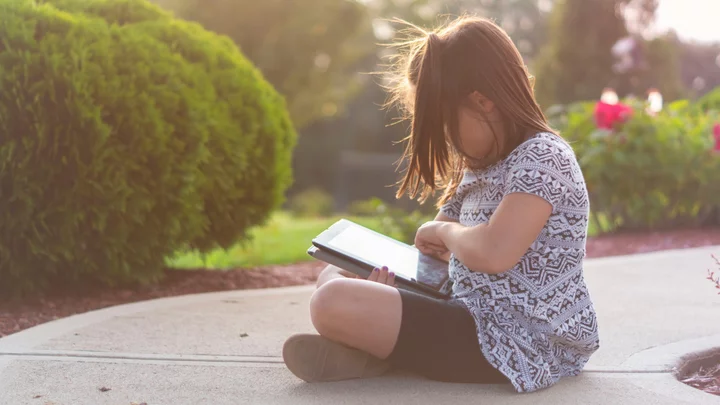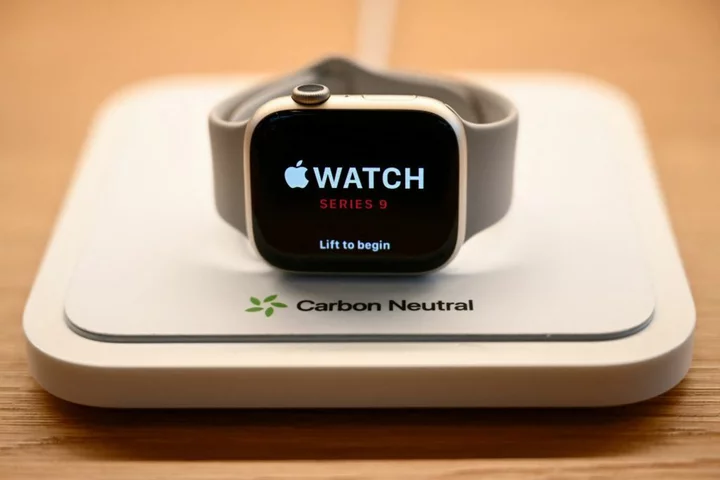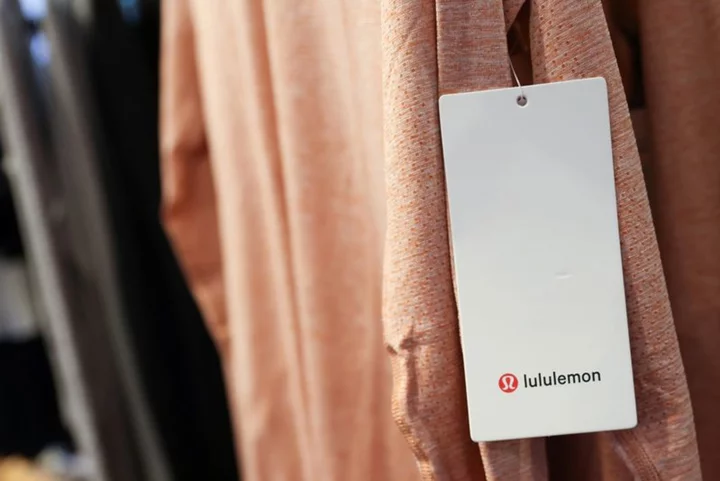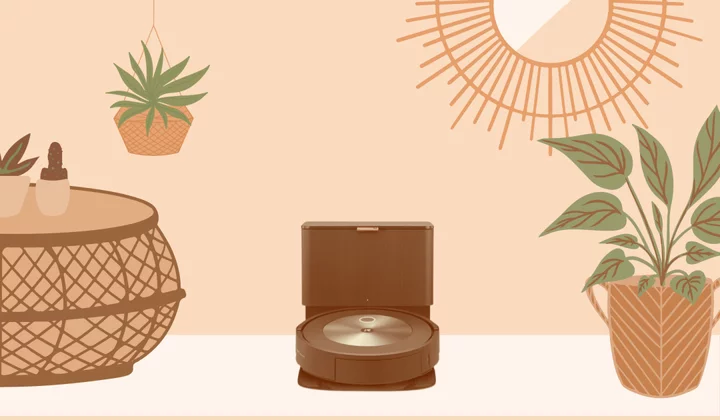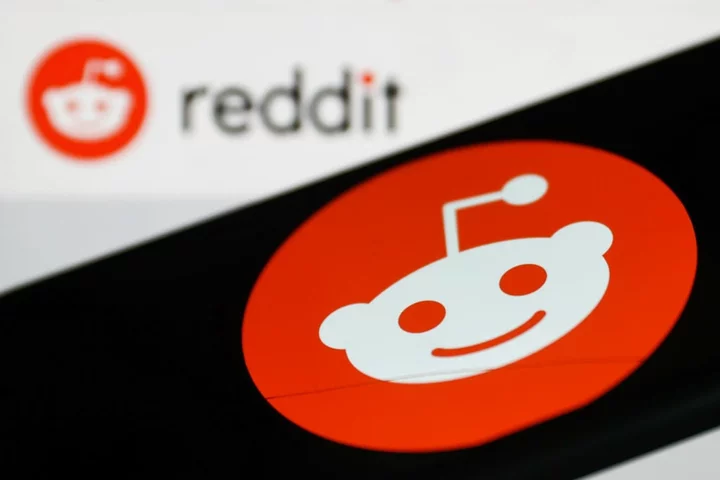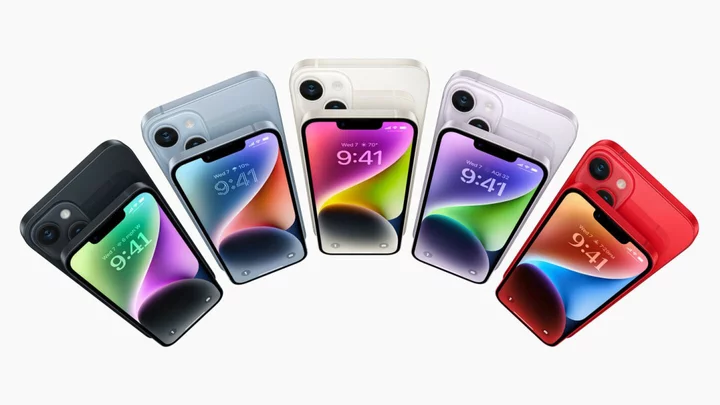This content originally appeared on Mashable for a US audience and has been adapted for the UK audience.
Technology has changed a lot since you were little. Your kids have probably mastered the features on your iPhone better than you have due to constantly asking to play with it. And when you do eventually get it back, it's a sticky mess covered in slobber and other unexplainable slimes.
But in the age of touch screens and constant connectivity, there's not really a way to say "no" without feeling like a parent from the dark ages. Enter tablets for kids: The happy medium between giving your kids the access to tech that they want, without turning them into a tech zombie. If you're still unsure, here's a quick guide.
Should kids have limited screen time?
Screen learning and screen time restrictions are increasingly significant points of study. Parents' questions often boil down to "how much is too much?" The general advice, as offered by the American Academy of Pediatrics, is that kids between 2-5 should be limited to one hour of quality content a day. Beyond that, it’s about setting a plan that suits your child and family. Routines are always good when it comes to children and sensible limits will help tackle problems that may come from excessive screen use, such as obesity, behavioural problems, and impact on learning or sleep patterns.
What are the learning benefits of a tablet?
Tablets just feel more like playing, and it's not surprising that kids may be more willing to learn when it doesn't feel forced. One project found that students who used tablets saw higher exam scores than those who didn't use tablets, and they were able to recognise 20% more words due to an improved ability to recognise sounds and represent sounds as letters. A 2018 meta-analysis also found that using on a touchscreen was beneficial for some learning, such as science and technology, because apps or games have the ability to create a memorable real-life experience (compared to simply reading about a science experiment, for instance).
What's important to remember is that tablets are a great learning tool as long as they're not a kid's main source of learning. Kids will always need to be comfortable reading print books and doing maths by hand. Sure. But the opportunities for self-sufficient and interactive learning on a tablet can't be understated.
How features do you need in a kids' talblet?
Most tablets made specifically for kids will already be equipped with built-in parent accounts, timers, and pre-selected websites or apps that are strictly for kids. Easy enough. General purpose tablets aren't a bad choice at all — many sites name the iPad as one of the best tablets for kids even though it's technically for everyone. The most important things to keep in mind when shopping for a tablet for kids are as follows:
Screen Resolution — The required screen resolution will depend on the amount of movie watching and gaming your kids will be doing. If the answer is "not a lot," you won't need anything special.
Storage — They'll probably have more apps than you do, and may need space for downloads like offline Disney+ movies, music, or some books for school.
Parental controls — For obvious reasons, you are going to want to pay attention to the level of control you will be able to have over usage.
Rugged-ness — Because kids are basically adorable destruction machines and you'll probably feel better with a protective case.
Focus on these features and you can't got wrong.
What is the best tablet for kids?
To help you make the best decision for you, your kid, and your life, we have shortlisted a selection of standout tablets for kids. There is something for everyone and every budget in this list, and all you need to do is pick a favourite. You have the choice of impressive tablets from the likes of Amazon, Apple, and more.
These are the best tablets for kids in 2023.

